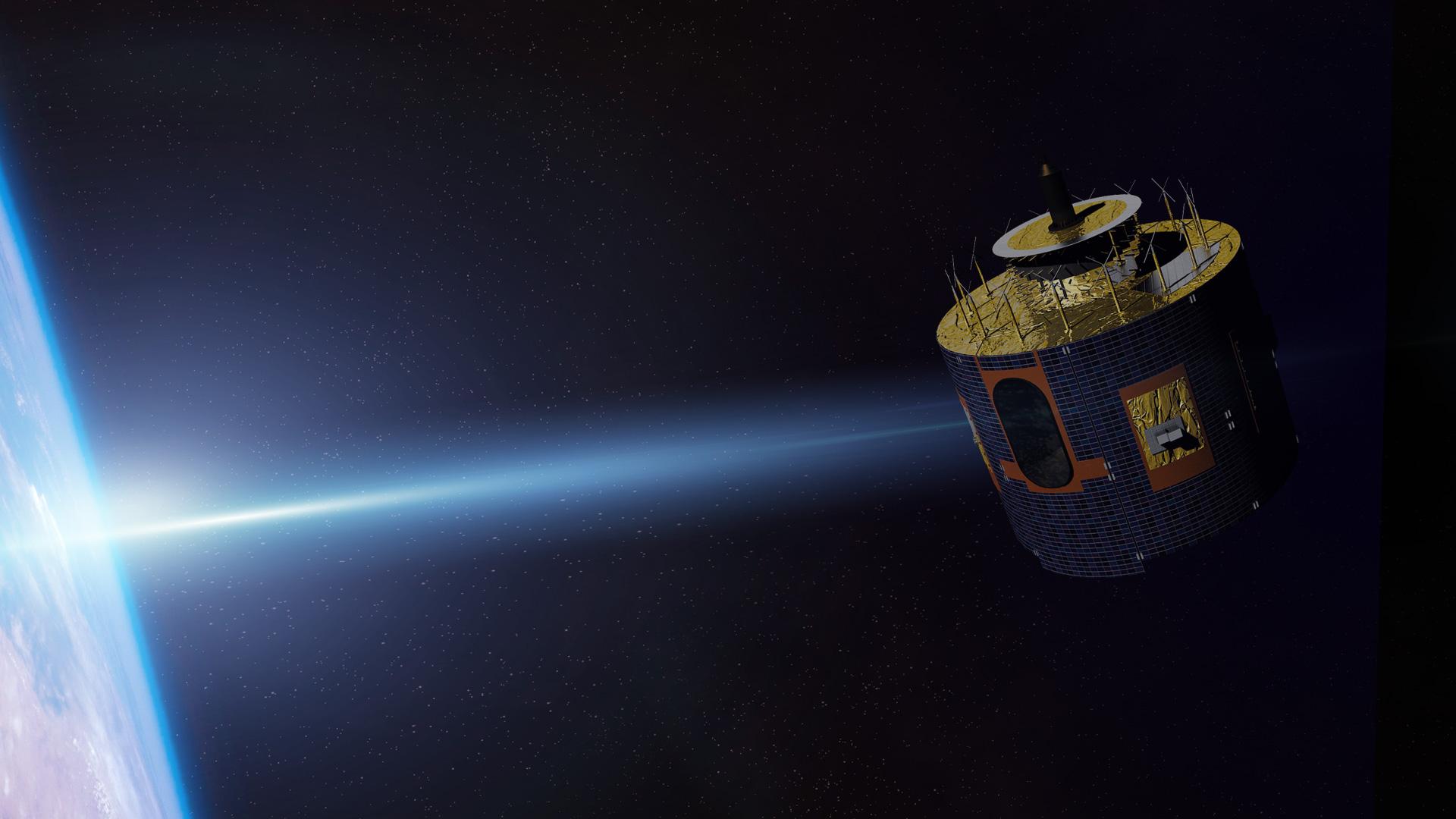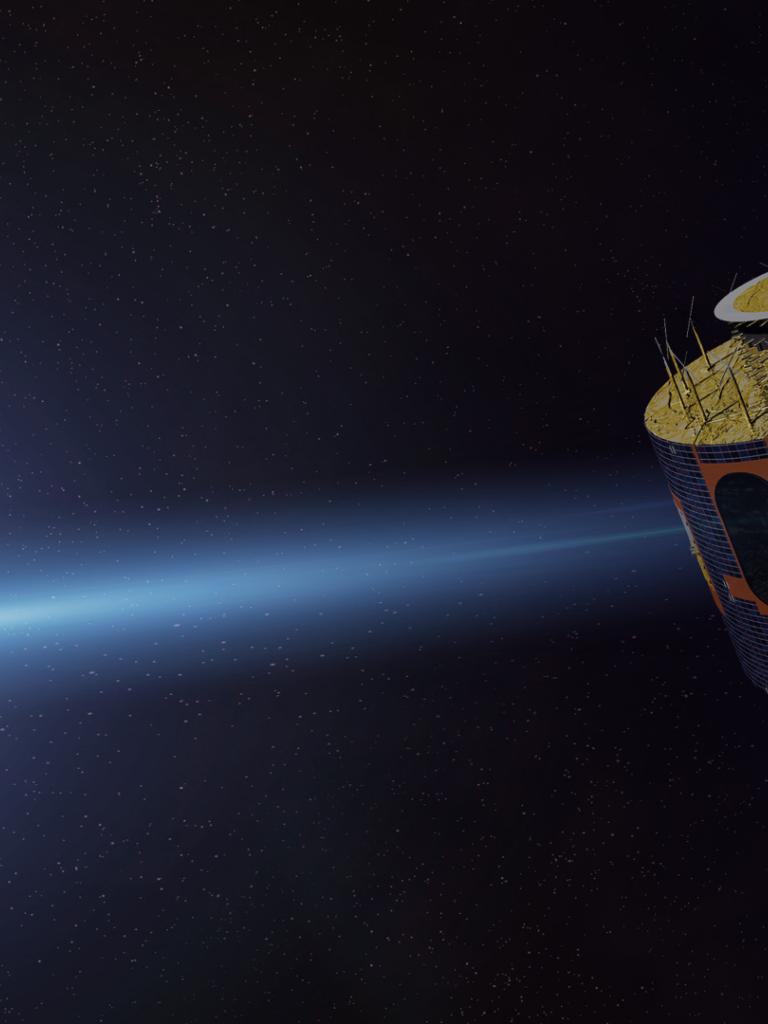Meteosat Third Generation
MTG - one of the most innovative geostationary meteorological satellite systems ever built.

Geostationary satellites providing imagery for the early detection of fast-developing severe weather, weather forecasting and climate monitoring


28 February 2025
28 July 2020
Meteosat Second Generation (MSG) has been providing images of the full Earth disc, in addition to data crucial for weather forecasting, since 2002. The MSG programme, is composed of four satellites which were launched between August 2002 and July 2015.
The aim of the programme is to improve the image quality and sequences of cloud development compared to those delivered by the first generation satellites. The improved images allow meteorologists to provide more accurate medium and short-term weather forecasts.
EUMETSAT currently operates the remaining three satellites from the Meteosat Second Generation, Meteosat-9, -10 and -11 in geostationary orbit (36,000km) over Europe, Africa and part of the Indian Ocean. Meteosat-8 was retired in 2022 after nearly twenty years of service.
MSG is a two-satellite system: The first provides full disc imagery of the European and African continents and parts of the Atlantic and Indian oceans every 15 minutes. The second satellite delivers more frequent images every five minutes (rapid scanning service) over Europe only, to further support warnings of localised high-impact weather such as thunderstorms and flooding.
The third operational MSG-satellite is situated over the Indian ocean and contributes to the Indian Ocean Data Coverage (IODC) service, from where it provides data crucial for the safety of the people of island nations and eastern Africa. It is also important for improved weather forecasting in Central and Eastern Europe, the Middle East, and Central Asia.

This additional service is provided on a best-effort basis, as EUMETSAT’s contribution to an international initiative to provide meteorological satellite coverage from the geostationary orbit over the Indian Ocean region.
The MSG system was established under cooperation agreement between EUMETSAT and the European Space Agency (ESA), to ensure the continuity of meteorological observations from geostationary orbit, following on from Meteosat First Generation.